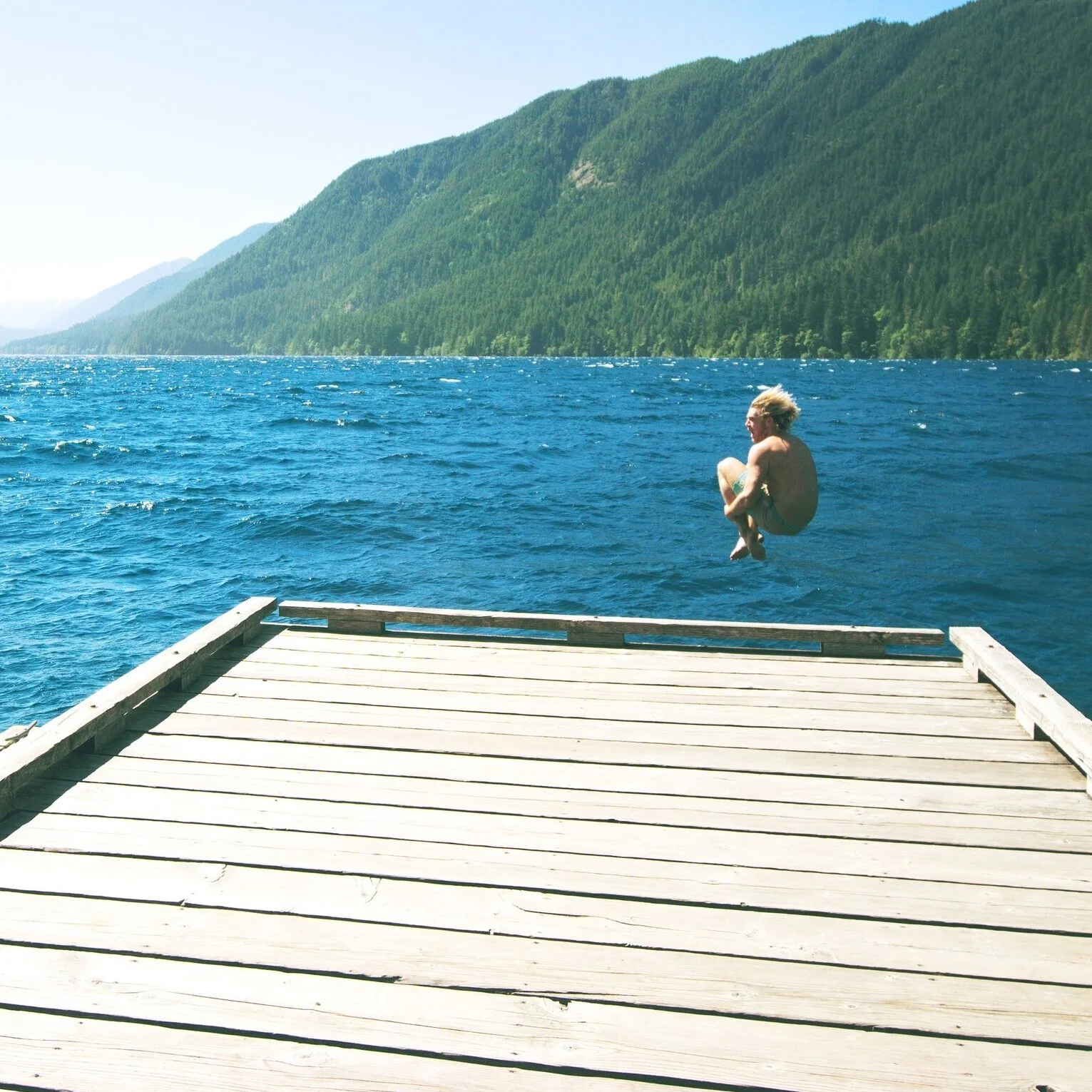Coronavirus: a tricky Stoic test
I’ve written about tricky Stoic tests before.
In fact, my hit-and-run scooter accident was four months ago today. And that, for me, was the trickiest test of all.
For about three weeks, I couldn’t drive. Nor could I walk my dog, read or write, or sit or stand without pain.
While my ribs and spine healed, I kept myself out of crowds.
I was afraid of human contact. Literally. I was afraid of being bumped.
My voluntary “social distancing”—then called “staying home to heal”—brought me a kind of peace I’d never known. I started painting. I meditated more. I appreciated being still.
Yes, these are scary times. People already are dying. And the worst is yet to come.
But—depending on how we look at things—staying home can be either a punishment or a gift.
In his podcast this week, Tim Ferris talked with Jack Kornfield about the anxiety he is (and we are) feeling about the spread of the coronavirus. Specifically, Ferris asked how we might manage the disruption associated with being quarantined.
Kornfield, founder of the Insight Meditation Society, was calm. He reminded Ferris that people pay a lot of money to cloister themselves in isolation, for weeks or months or longer, when they go to Spirit Rock, the center he founded.
Then he suggested: What if you were to turn it around, and say the universe has provided you with a retreat that you might not have had any opportunity to do in this way, and to use it, somehow, to deepen your compassion, your self-care, the wisdom you have.
Spoken like a true Stoic. A man after my own heart!
So, then: How might we—regular folks with jobs and money anxiety and a dwindling supply of toilet paper—make the most of our time at home?
Here are three suggestions:
Reclaim what’s truly essential. With fewer places we “must” go, and fewer people we “must” see, why not take this time to regain control over our choices? How do we want to spend our precious time and energy? What new parameters might we set for when life returns to normal.
Sit still in the eye of the storm. It’s hard to remain calm when the world is spinning so fast. But now, even though it’s germ city out there (as my mother used to say), we can filter out some of the noise.
Know we’re not the first. Seneca was exiled. Epictetus was enslaved. Perhaps inspired by these and other Stoic philosophers, there’s a whole sub-genre of memoirs written by people who have chosen and enjoyed solitude.
I especially love Fifty Days of Solitude by Doris Grumbach and Gift from the Sea by Anne Morrow Lindbergh.
So, my friends. Read a book. Or watch bad TV. Wear PJs all day. Pat the dog.
Soon enough, we’ll be tearing around again like maniacs.
And we’ll wish we could just stay home.






